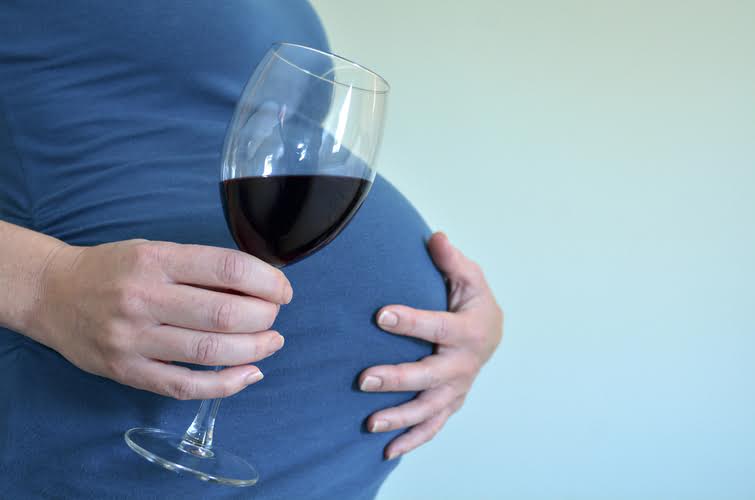

If you’ve decided a return to treatment makes sense, let’s look at some of the options available to you. There is a variety to choose from depending on the substance an individual is addicted to. For example, if you or your loved one struggles with opioid addiction, the primary focus would be detoxification.
Or a facility with equine therapy such as Oxford Treatment Center might recommend that you bring jeans and boots for horseback riding. Aside from work, many people have other major responsibilities, such as childcare, https://ecosoberhouse.com/ pet care, elder care, and/or attending school. It’s critical to figure out who will handle your obligations before going to rehab. Remember that just because someone else struggled with relapse doesn’t mean you will.
It’s important to remember that cravings for drugs or alcohol continue long after the detox and withdrawal phases. Long-term aftercare support programs — including 12-step programs and group and individual therapy — are essential parts of long-term sobriety. You can receive ongoing encouragement even after returning home through group therapy and alumni support or events. While there are many excuses for not going to rehab, there are many more reasons to go to rehab. Getting professional medical treatment for a substance use disorder can help you put your life back together and make a fresh start.

Figuring out what to bring to drug and alcohol rehab can ensure not only that your stay is as comfortable as possible but also that you’re well prepared for the treatment experience. It’s also normal to be worried about approaching your employer to seek time off for treatment. However, the Family and going back to rehab Medical Leave Act (FMLA) typically protects you from being fired for going to rehab. Plus, the Wage and Hour Division of the department, which has various offices throughout the country, can answer further questions. Yet, sometimes all you need to lay your worries to rest is a little information.
Many users feel extreme guilt after having a “slip” and using again, even if it is relatively common for those struggling with addiction to be tempted after rehab. Sometimes, you unknowingly begin taking steps toward a relapse weeks or months before actually drinking or using drugs. Certain thoughts, feelings, and events may trigger cravings and urges for drugs and alcohol, and, if not properly dealt with, may increase your chances of relapsing. Most importantly, continue to remember that recovery does not happen just one way.